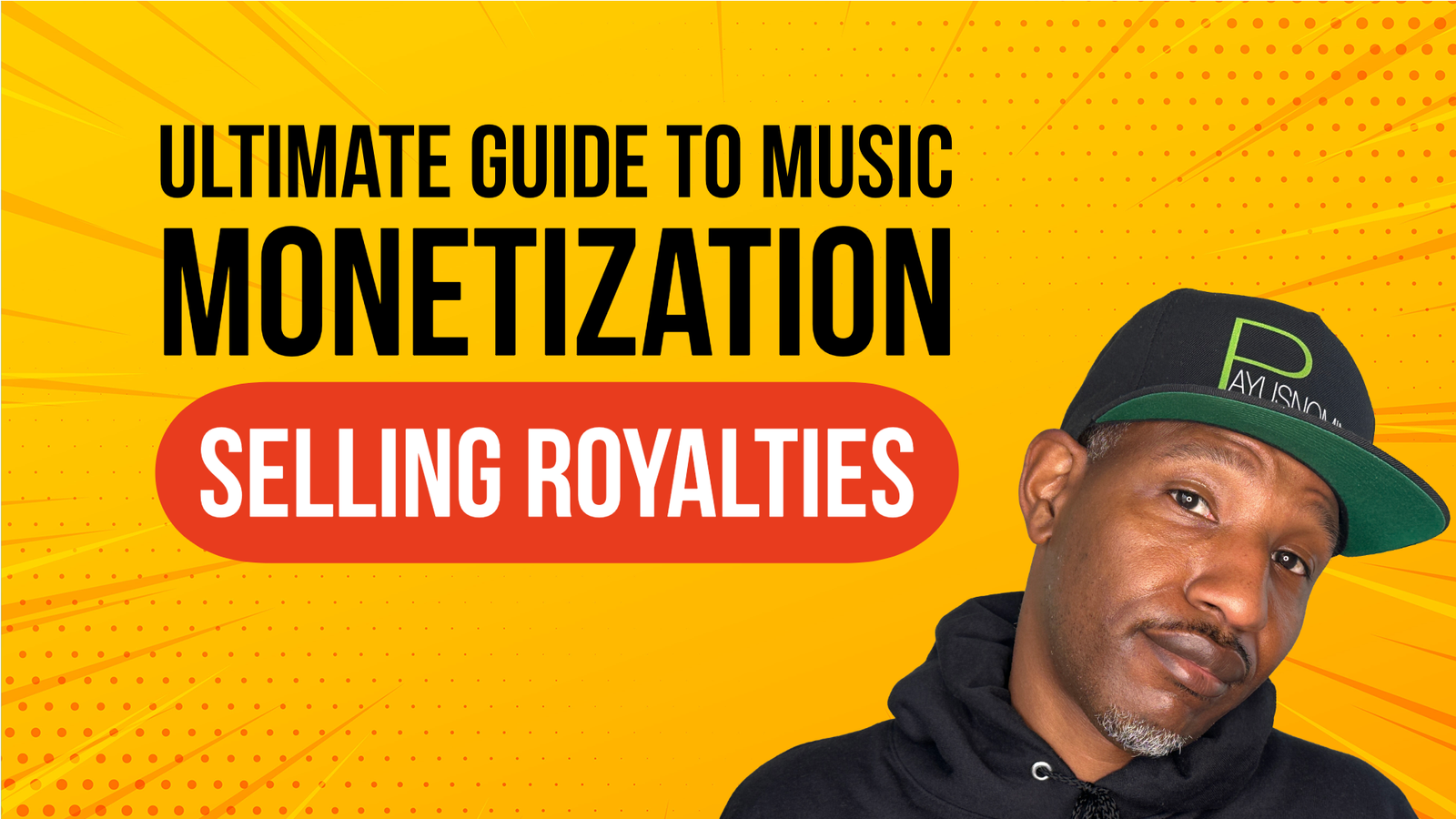Selling Music Royalties: Ultimate Guide to Music Monetization
By Payusnomind · Sep 1, 2025
Premium

Artists can engage in seed funding by selling stakes in their royalties. We take a deep dive into how, where, and the rules you need to follow to avoid trouble.
Unlock the full breakdown
You’re viewing a preview. Members get the full analysis, comparison tables, and step-by-step recommendations.
Become a member
Full access to all guides, comparisons, and deep dives.
- Full article archives
- Updated comparison notes
- Members-only deep dives
Already a member? Log in here.